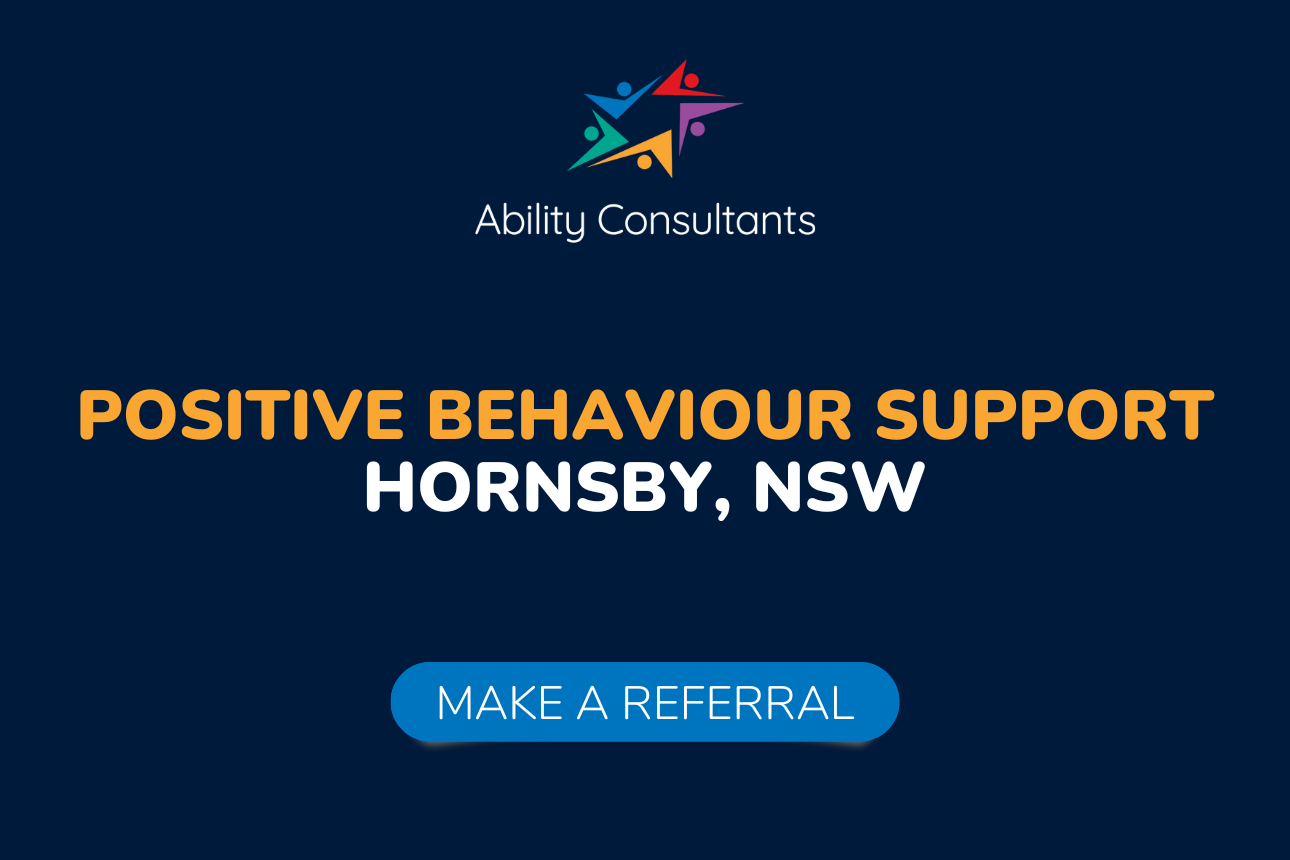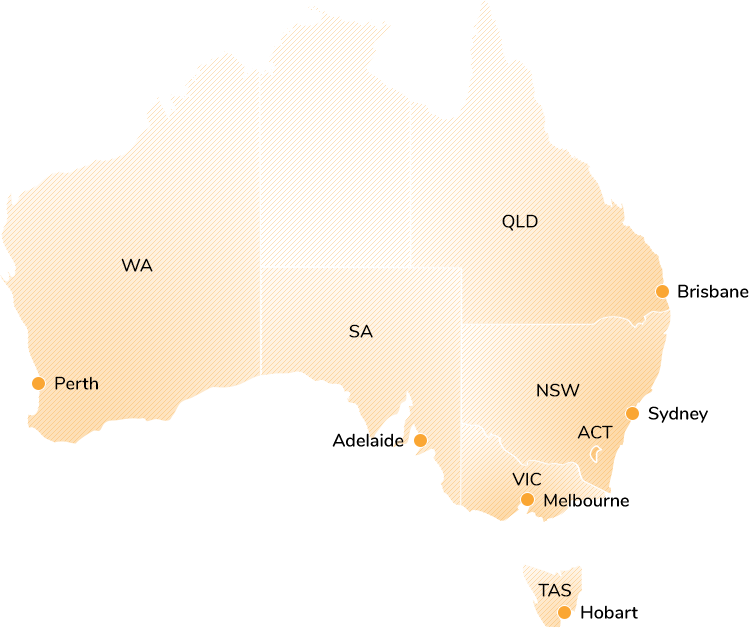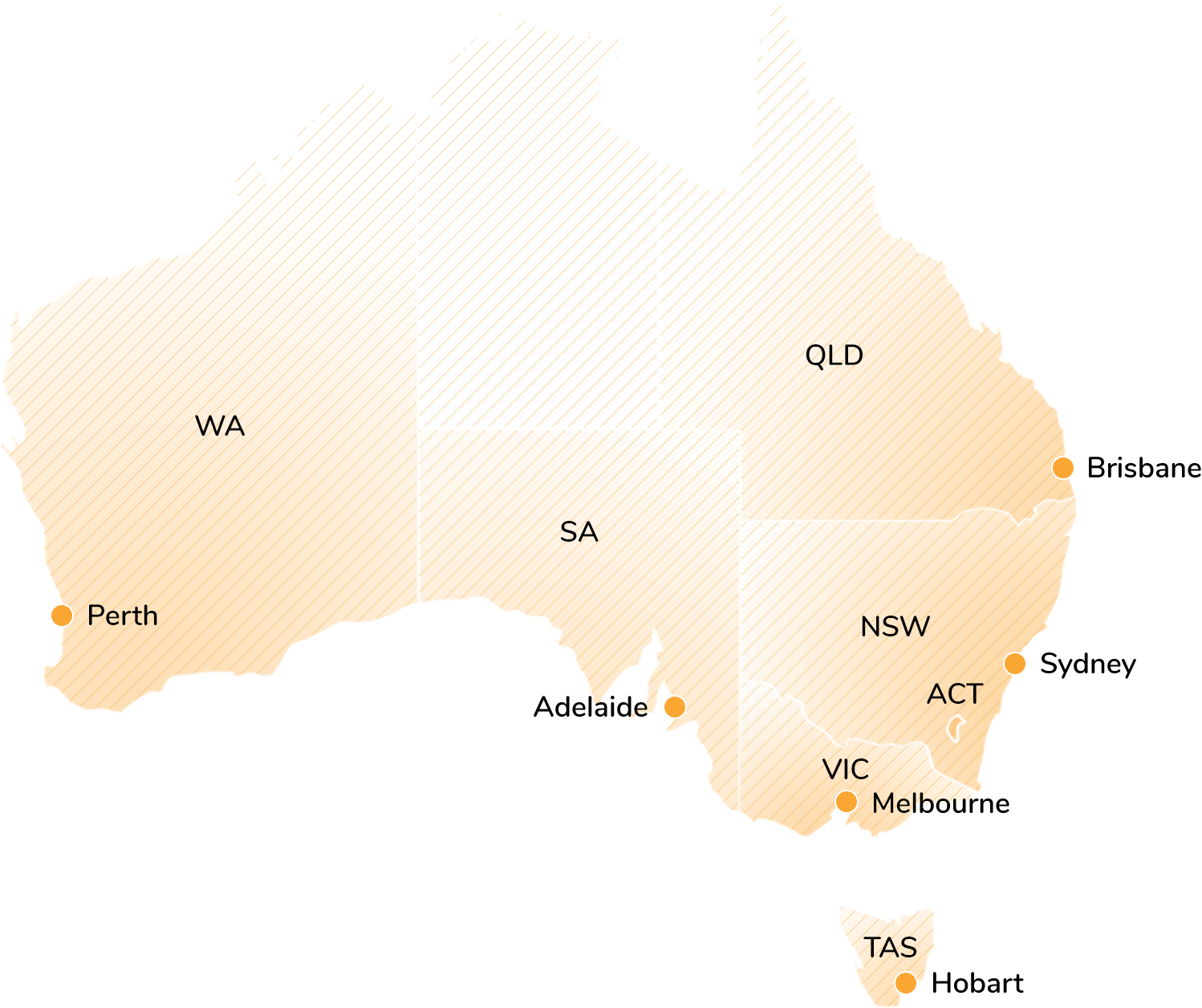Positive Behaviour Support in Hornsby, NSW: Interview with PBS practitioner Nikki Rowland

Contact us for Positive Behaviour Support (PBS) in Hornsby and throughout Sydney’s North Shore. If you’re ready to get started with your support, please make a referral on our website.
Today it’s our pleasure to introduce Nikki Rowland, one of our incredible behaviour support practitioners based on the North Shore of Sydney. Nikki supports NDIS participants in Hornsby Shire and surrounding areas including the City of Ryde, suburbs in Ku-ring-gai and The Hills Shire, the City of Willoughby and Northern Beaches.
With experience in the disability sector and a degree in social work, Nikki brings an empathetic approach to her work as a behaviour support practitioner, strengthening her ability to connect with and support NDIS participants, their families and support teams.
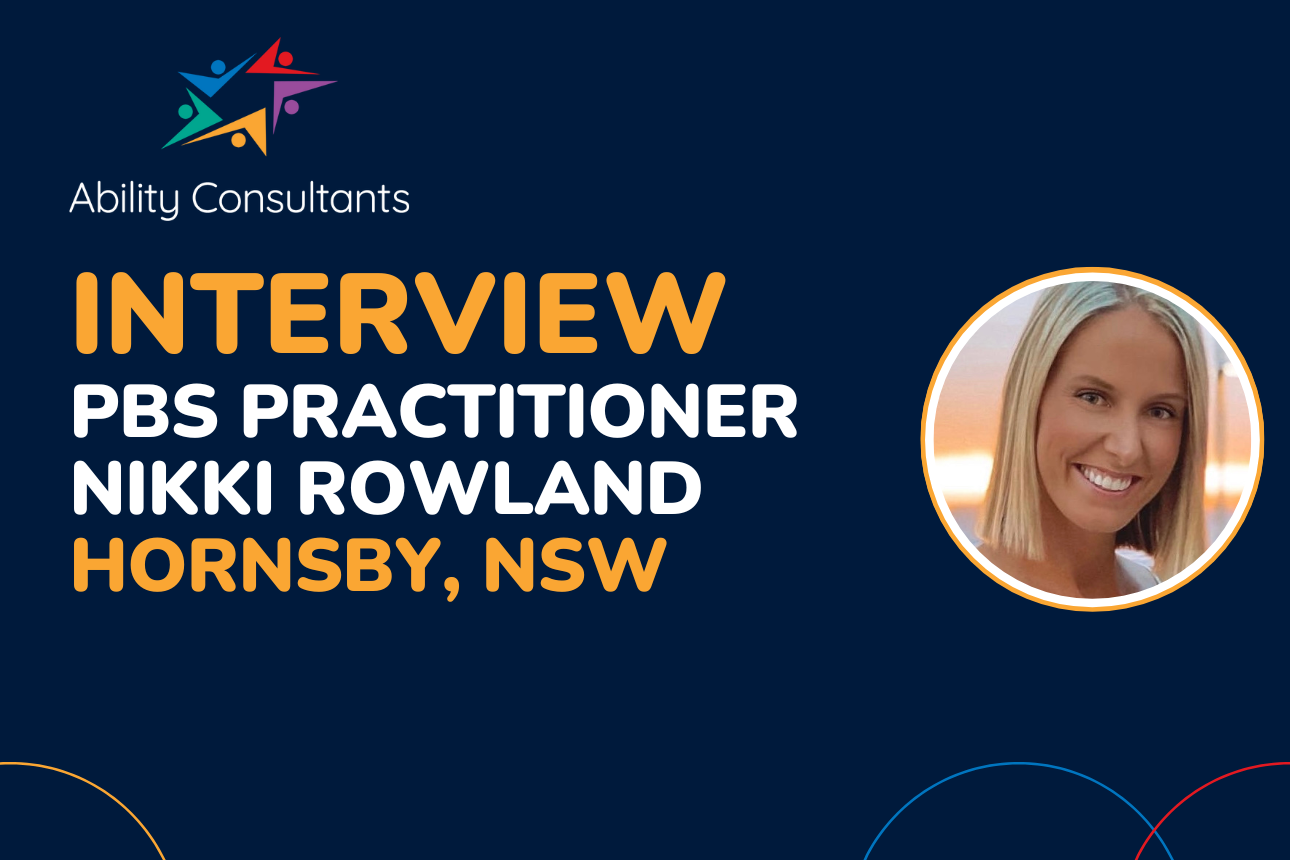
Meet Nikki Rowland, Behaviour Support Practitioner in Hornsby
Hi Nikki, tell us about you!
Hi there :)
My name is Nikki and I currently work as a Behaviour Support Practitioner at Ability Consultants and as a Team Leader at a disability day program.
I absolutely love what I do for work and I feel very grateful to be able to say that. It’s safe to say that working in the disability industry, for as many years as I have, has shaped who I am. I couldn’t be more appreciative of the wonderful people I’ve met along the way, and I get excited at the prospect of meeting new people.
I have a degree in social work and this has taken me down various paths helping those in need. Growing up, I always knew I wanted to work in an industry where I was supporting others. After doing a disability camp in Year 11, I realised I wanted to work in this industry for the rest of my life.
In my free time, I love spending time with my family. We’re a tight-knit unit and I’m very grateful for their ongoing support. My main hobbies revolve around being active — whether this is playing sport, going to the gym, or finding a new bushwalk. Growing up, we were always playing outside and this definitely translated to adulthood.
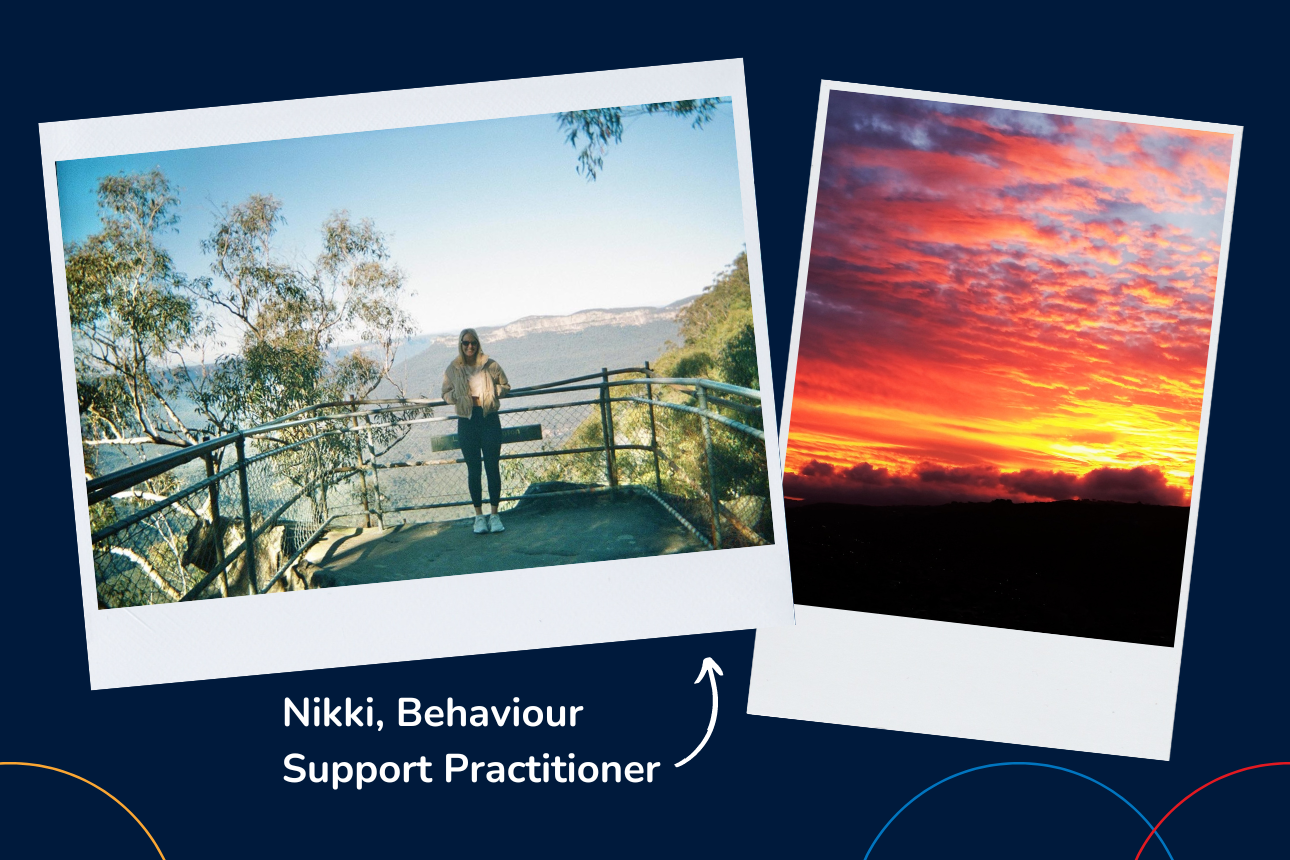
Tell us about life in Hornsby and the North Shore!
I moved to Hornsby in the last year and I really love it! It has everything I need nearby. I live in a quiet street which has a great view of the sunset, which is one of my favourite things to watch.
I went to high school on Sydney’s North Shore, so I’ve always been familiar with the area, and I think it’s a lovely place to live. It’s important to me to live close to my family, so I feel lucky that this is the case.
Hornsby is a great area to live as it feels like a middle point for a few destinations — you can hop on the freeway to head up to the Central Coast, you can jump on the train which has a direct route to the city, and you’re only a drive away from the beaches.
Can you tell us about accessible recreational activities in Hornsby and around the North Shore?
- Studio ARTES is a registered NDIS service offering creative and life programs for adults with disabilities.
- Hornsby Aquatic and Leisure Centre offers a hoist and poolside wheelchair access.
- Crosslands Reserve is an accessible park, ideal for picnics, walks, and outdoor activities, such as canoeing or kayaking!
- Lisgar Gardens is a peaceful garden overflowing with flowers to meet various sensory needs.
- The Fishponds offers scenic waterholes and bushwalking.
- Westfield Hornsby is an accessible shopping centre with a variety of cafes and shops.
- Hornsby night markets offers a fun atmosphere full of delicious food and great music.
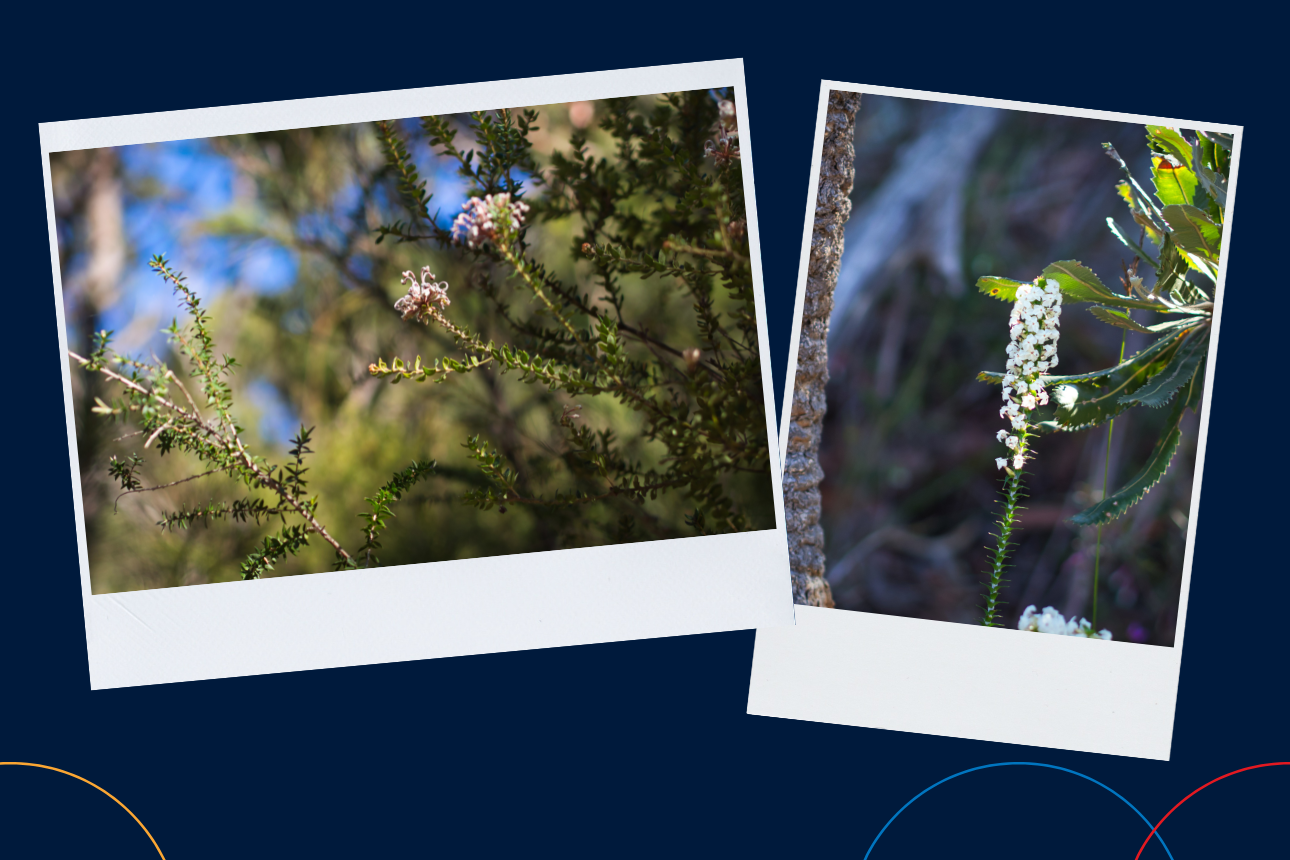
Working as a Behaviour Support Practitioner in Hornsby
What drew you to the field of Positive Behaviour Support?
During the years I’ve been a Team Lead at a disability day program, I collaborated with several behaviour support practitioners. I was able to learn and implement strategies from other practitioners and see firsthand the positive impact it had on my clients. Every time I did this, I was drawn to PBS.
I have always been extremely interested in psychology and human behaviour. As soon as I started working in the disability industry, I knew I never wanted to work anywhere else. As cliché as it may sound, working in this industry felt like my calling. Nothing else drives me as much as working with these incredible individuals.
So, finding a job that combined my passion for analysing human behaviour and working with people with a disability was an absolute blessing, and I count myself extremely lucky.
What do you love most about working as a PBS practitioner?
I absolutely love my job, and it’s an honour to help empower people with disability build capacity and increase choice and control in their life.
I particularly love being an additional voice for my clients and creating understanding and accepting environments. There is often a misconception that if someone displays a behaviour of concern, they are being difficult. However, it is imperative to understand that behaviour is merely a way of communicating. Educating a person’s support system to understand the function of a behaviour is really necessary and important and I take this very seriously.
I find myself learning from my wonderful clients every day. Our working relationship is very mutual — they teach me, just as much as I teach them. Working in this industry has taught me a lot about perspective, and I am eternally grateful for this.
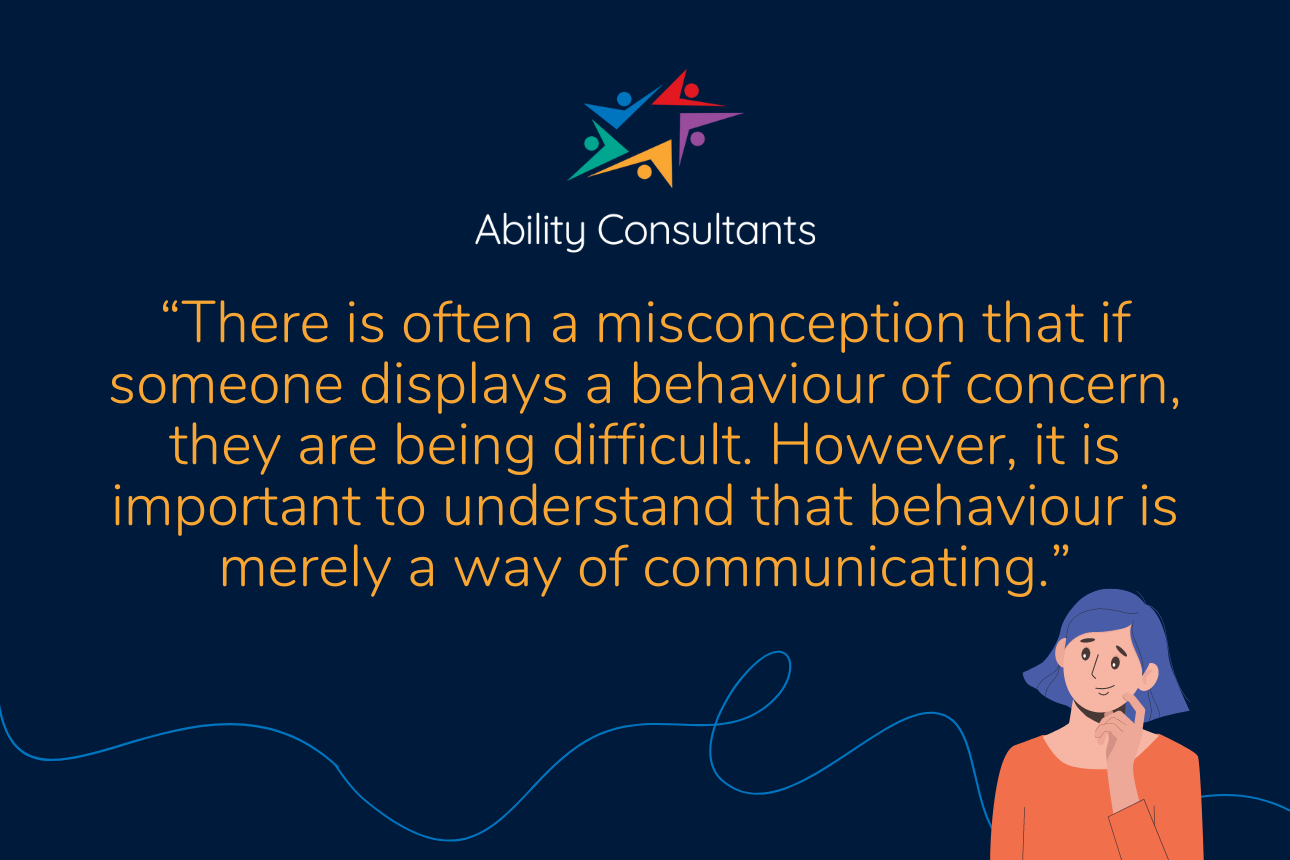
You completed a Bachelor of Social Work with Honours at the University of New South Wales. How does your education in social work influence your work as a behaviour support practitioner?
In social work, we are conditioned to always look at any situation holistically. Our work is driven by “biopsychosocial assessments” which is where we focus on how biological, psychological and social factors affect a person's thoughts, feelings, and behaviour.
This is completely transferrable to Positive Behaviour Support as it is essential to understand the role various aspects play in an individual’s life. In doing this, it allows us to analyse a situation beyond the surface level and delve deeper to effect change.
Additionally, in social work, we understand how important the stakeholders are in shaping an individual's life. This could include family, friends, teachers, allied health, and so on. Therefore, my practice is driven by a desire to work as collaboratively as possible with a person’s entire support network. To upskill not only the individual, but those around them is pivotal in improving quality of life.
Finally, I understand the impact challenging behaviours can have on a person’s support network. In social work, we learn about vicarious stress, and it is essential to recognise this when working with the greater team.
It can be difficult for others, and I often witness carer burnout. Therefore, employing the counselling skills I have learned in my degree is essential in making others feel heard. Sometimes just validating and acknowledging how tough it is can be extremely comforting for others.
What can NDIS participants and their support teams expect from you as their behaviour support practitioner?
I am an advocate for using Positive Behaviour Support as a tool to assist a person’s entire support network. My practice is driven by a strengths-based and person-centred approach. I aim to reduce the stigma around challenging behaviours by educating others to understand their actions.
I am extremely passionate about making a difference in others’ lives, and I pride myself on going above and beyond to ensure consistent, empathetic, genuine support. I don’t just see what I do as a “job” — I don’t clock out at 5pm and switch off. I am always thinking about new ways to support my clients and strive to learn more so I can provide them with the best quality of life possible.
I understand the significance of my role and I don’t take this responsibility lightly. It is a privilege to work with those in need, and I acknowledge how vulnerable it can be to let someone in. I will always be a warm, compassionate, reliable support.
As I currently still work as a disability support worker, this creates an immediate connection between the people I support as there is a mutual understanding and relatability. I know what it’s like to be “on the ground”, therefore, my practice (including the strategies I come up with) is feasible and practical.
About Positive Behaviour Support and its impact
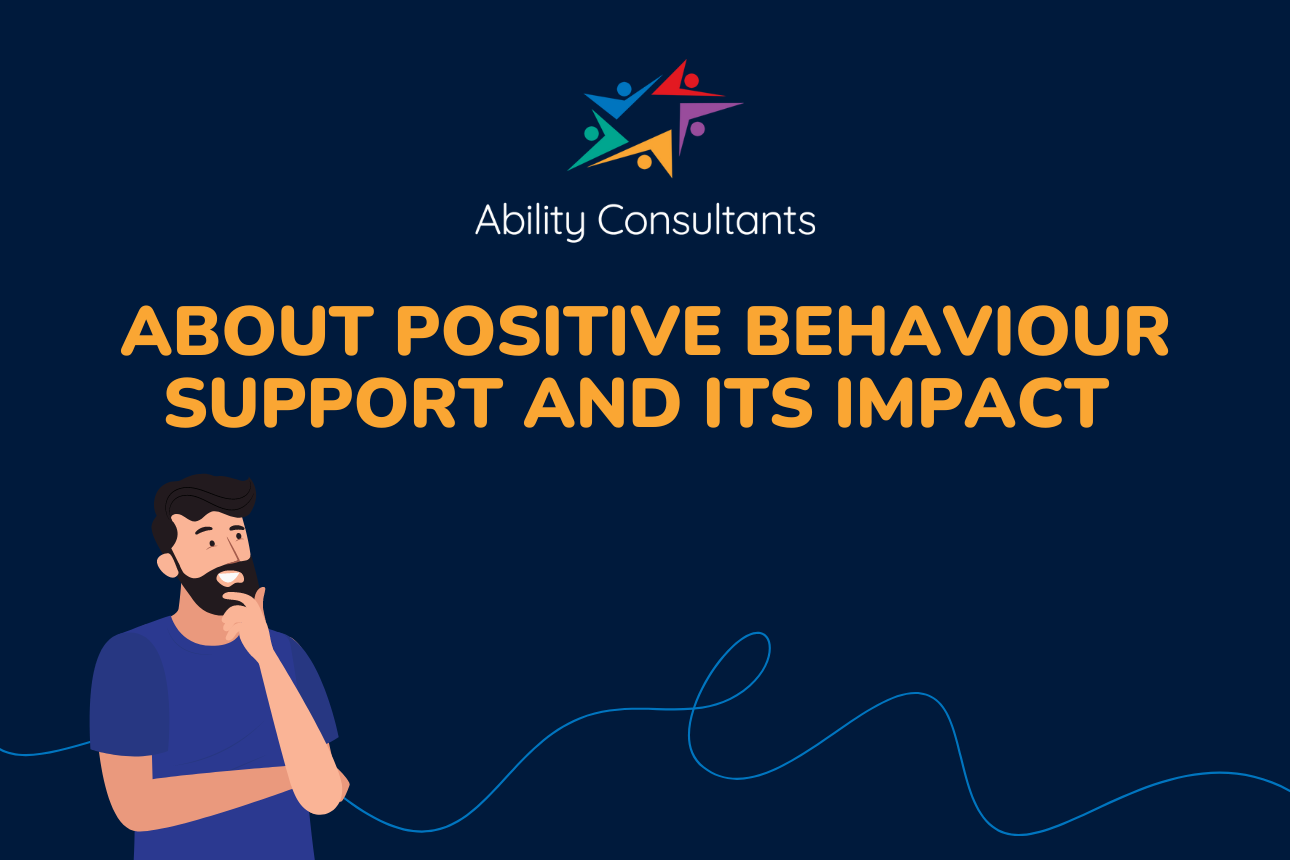
Can you share an example of how you’ve seen Positive Behaviour Support improve a person’s quality of life?
There’s an example that immediately comes to mind and is something that will always stay with me. I began supporting a family who were struggling and were absolutely reaching burnout.
The mum was the main support for my client, so I began working closely with her. As mentioned, a large part of my practice is supporting not only the individual with the disability but their immediate support network too, as I understand the impact it can have on everyone.
My first priority was to be a listening ear and validate her experience. Secondly, using a strengths-based approach and highlighting all the things she was doing well was so powerful and reassuring for her. It was as if she had no idea of the great job she was doing, and really needed to hear that.
Once we had established the clients’ support needs, I was able to create practical strategies. The focus then turned to training both the client and the family. This was done in a very collaborative way in which we all learned from each other.
After a few months of ongoing, consistent training, there was a major decrease in behaviours of concern. We monitored this progress to see if there would be any changes, however, after an extensive period, the behaviours of concern stayed non-existent. The mum reached out to me saying that their lives had changed for the better and that they were so grateful for behaviour support.
Autism Spectrum Disorder and Positive Behaviour Support
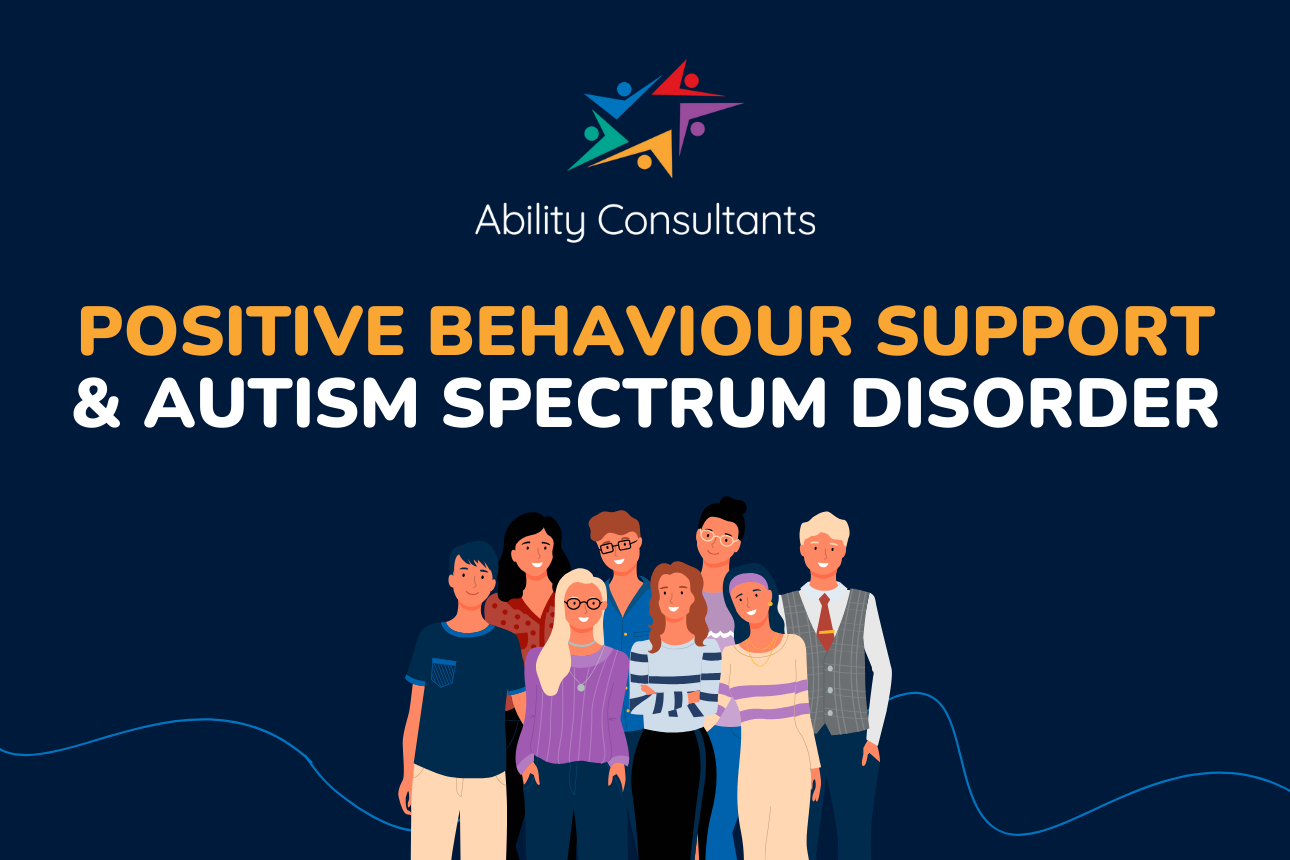
What if a person is diagnosed with Autism Spectrum Disorder (ASD) — can you tell us what Positive Behaviour Support might look like for this person?
Although I support many individuals with various disabilities, a common disability I come across in my work is autism. Firstly, when working with someone on the autism spectrum, it is pivotal to understand how different each person is.
There is no “one size fits all” approach, and it is essential that support is person-centered and tailored specifically to their needs. To do this involves dedicating time at the beginning of the service to build rapport and understand how I can best connect with them.
There is a chance that the client may be non-verbal, however, I am a firm believer that there are other ways to communicate and have meaningful interactions that don't involve language.
It is about tapping into the client’s strengths and matching them where they are — perhaps during the initial meeting, you might just play their favourite game with them without conversing. Although it may look simple on the outside, it’s about building a working relationship based on trust and understanding.
As I build a connection with a client, I am also extending this to their support team. I always acknowledge that the support network knows the client better than I do, therefore, I am also here to learn from them. Working collaboratively with everyone in the team (including allied health) is pivotal to ensuring thorough, holistic care.
Working as a disability support worker shapes the way I write behaviour support plans (PBSP). I completely understand how busy it is working on the ground, and sometimes people simply don’t have time to read extensive documents. Therefore, I always make my behaviour support plans succinct and practical to ensure they are easily implemented.
Finally, consistent support is crucial in effecting change. Once the behaviour support plan has been written, I regularly work with the client and the team to utilise the strategies. I acknowledge that change can take time, and that’s why it’s so important to highlight the small wins. By frequently showing up and focusing on one thing at a time, it is quite amazing how far you can get.
Positive Behaviour Support in Hornsby
Which suburbs do you provide Positive Behaviour Support in Sydney?
All behaviour support practitioners at Ability Consultants travel to meet clients and their support teams at places convenient for them, such as home, work, school, day programs and so on. I support NDIS participants in:
- Hornsby Shire NSW, including Beecroft, Thornleigh, Westleigh, Normanhurst, Hornsby, Hornsby Heights, Waitara, Cherrybrook, Dural, Hornsby, Mount Kuring-gai, Berowra, Middle Dural, Glenorie, Berowra, Mount Colah, Asquith, Pennant Hills
- Ku-ring-gai Council NSW, including Wahroonga, Waitara, Warrawee, Turramurra, Pymble, Lindfield, St Ives, Gordon, Killara, Roseville
- City of Willoughby NSW, including Chatswood, Artarmon, Willoughby
- City of Ryde NSW, including Macquarie Park, North Ryde, Marsfield, Eastwood, Denistone, Gladesville
- The Hills Shire NSW, including Baulkham Hills, Castle Hill, Glenhaven, Kenthurst
- Northern Beaches Council NSW, including Belrose, Davidson, Frenchs Forest, Forestville, Allambie Heights, Terrey Hills
How to access Positive Behaviour Support in Hornsby
How can NDIS participants in Hornsby get started with Positive Behaviour Support?
The first step is to make a referral for Positive Behaviour Support on our website. You can do this anytime and you can make your own referral, or a member of your support team can make a referral on your behalf.
If you have any questions about Positive Behaviour Support in Hornsby, please feel welcome to call our team on 1300 694 625 or send a message using our contact form.
About Ability Consultants
Ability Consultants is a registered NDIS provider, supporting NDIS participants on Sydney’s North Shore. We also support participants throughout Australia, in NSW, QLD, Victoria, Tasmania, South Australia and Western Australia.
You might be interested in learning more about:
About Positive Behaviour Support



